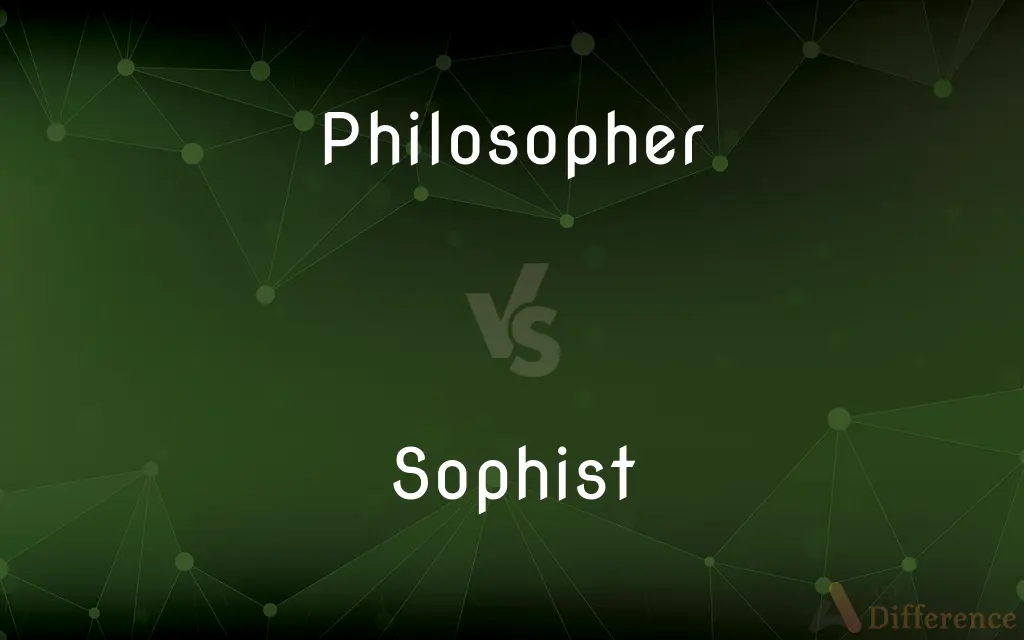In engaging with the intricate tapestry of Bahá’í teachings, one may find themselves pondering a playful yet profound question: What distinguishes a prophet from a philosopher? While both figures illustrate distinct pathways toward understanding, their methodologies and implications diverge significantly in the context of spiritual and intellectual exploration. This discourse aims to elucidate the nuanced differences between these archetypes, ultimately enriching our understanding of both spiritual and philosophical paradigms.
To embark upon this exploration, it is imperative to establish a fundamental understanding of who prophets and philosophers are, and what roles they play within the landscape of human thought. Prophets are often regarded as divinely-inspired messengers. They embody and communicate the will of a transcendent power, bringing forth revelations that are designed to guide the moral and spiritual development of humanity. These revelations often encapsulate the essence of divine messages that guide not just individuals, but entire societies.
In stark contrast, philosophers exemplify the pursuit of wisdom through reasoning, observation, and critical analysis. They engage in a systematic inquiry into the nature of existence, ethics, and the cosmos. Philosophers operate from a place of human reasoning and often challenge prevailing doctrines, seeking to ascertain truth through deliberative processes. This difference in origin—divine empowerment for prophets versus human inquiry for philosophers—forms the cornerstone upon which their respective functions can be analyzed.
One might inquire, however: Can the perspectives of a philosopher complement, or even enhance, the prophetic teachings that are central to the Bahá’í Faith? In many ways, the two paths are not mutually exclusive; rather, they can be interwoven to produce a more holistic understanding of reality. The Bahá’í teachings encourage the integration of intellectual inquiry with spiritual understanding, fostering a synthesis that respects both the divine and the rational.
To delve deeper, let us consider the nature of divine revelation as articulated within Bahá’í teachings. Prophets, such as Bahá’u’lláh, the founder of the Bahá’í Faith, deliver messages that encapsulate universal truths intended to uplift humanity. Bahá’u’lláh emphasized unity, justice, and the oneness of humanity, concepts that serve as the bedrock of Bahá’í ethics. His teachings implore adherents to transcend discriminative barriers and embrace a collective identity rooted in love and compassion.
Conversely, philosophers tend to dissect the same themes through a prism of rationality. Consider the philosophical discourse surrounding ethics; philosophers like Immanuel Kant and John Stuart Mill have advanced theories that grapple with the moral implications of actions and the pursuit of the greater good. While their analyses may enrich the ethical dimensions of the Bahá’í teachings, they stem from human reasoning rather than divine revelation. This dynamic raises fascinating questions about the relevance of human philosophy in interpreting revelations offered by prophets.
An intriguing comparison can be drawn between the prophet’s reliance on divine inspiration and the philosopher’s reliance on deductive reasoning. A prophet’s teachings are often rooted in experiential truths that transcend human understanding, whereas a philosopher typically utilizes logic and debate to arrive at conclusions. This essential distinction leads us to reflect on the role of faith in human understanding; the Bahá’í Faith posits that faith and reason should operate harmoniously, each enriching the other.
Furthermore, it is essential to evaluate the temporal nature of philosophical thought against the eternal applicability of prophetic messages. Philosophies can evolve, often spurred by socio-political contexts, and can sometimes become antiquated as new philosophical frameworks emerge. In contrast, the teachings of a prophet are meant to serve as timeless guidance, meant to adapt to evolving societal needs while maintaining core spiritual principles. The Bahá’í Faith, for instance, recognizes that while the essence of truth remains constant, its manifestations may adjust to align with contemporary understanding.
Moreover, one cannot discount the role of community in both prophetic and philosophical frameworks. Prophets tend to cultivate communal bonds through the establishment of religious institutions and rituals designed to unify followers. The Bahá’í community, for instance, illustrates this through its emphasis on collective decision-making and engagement in social action, seeking to embody the principles of love and service—central tenets of Bahá’í teachings.
In contrast, philosophers often operate in a more solitary context, although their ideas may ultimately foster communities of thought. The dialectics of philosophical discourse can provoke collective reflections and generate movements; however, the essence remains anchored in individual understanding and interpretation. Thus, the communal dimension championed by prophets juxtaposes the more individualized approach of philosophers, presenting a fascinating interplay of communal and solitary inquiry.
In conclusion, the dichotomy between prophet and philosopher manifests as a rich landscape for inquiry and reflection within the context of Bahá’í teachings. While prophets serve as conduits for divine wisdom that expects adherence and transformation, philosophers provide a framework for critical examination and exploration of those ideas through reasoned thought. Together, they form a symbiotic relationship that beckons individuals not only to believe, but to understand—offering a comprehensive approach towards both spiritual fulfillment and intellectual engagement. Ultimately, this interplay not only enriches the Bahá’í perspective but also invites a broader dialogue on the nature of truth, knowledge, and the ever-evolving human experience.
